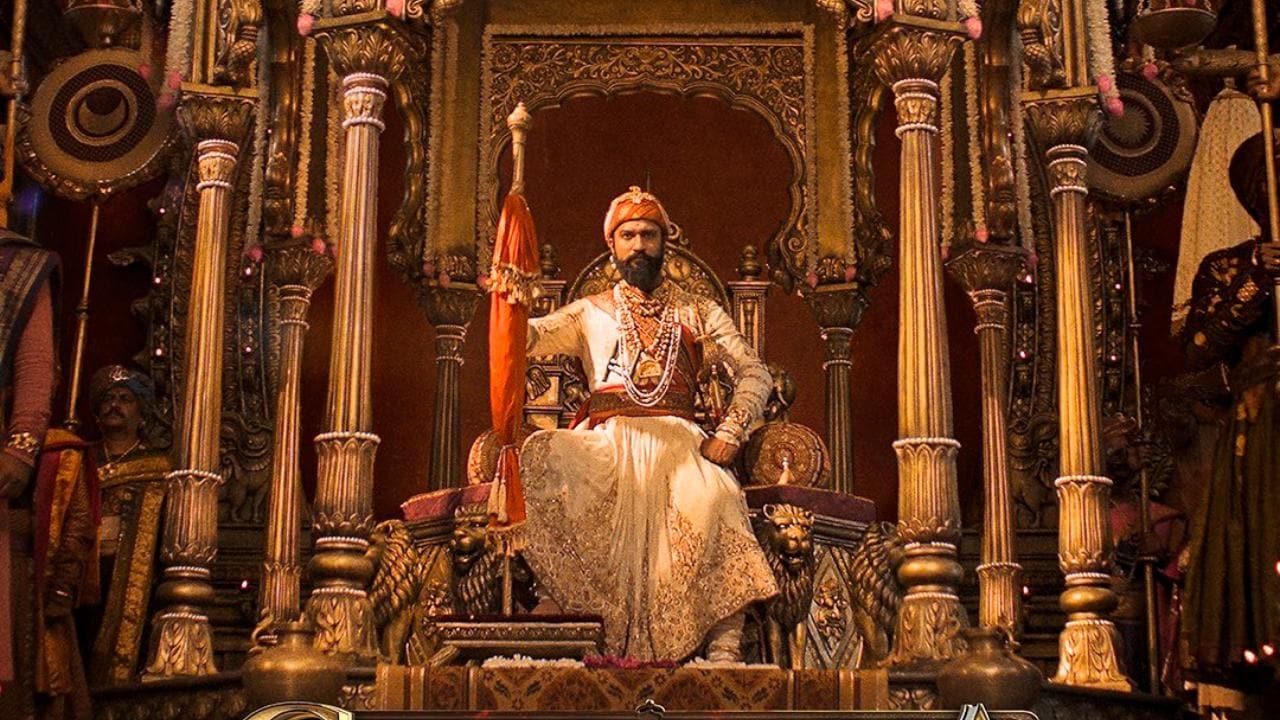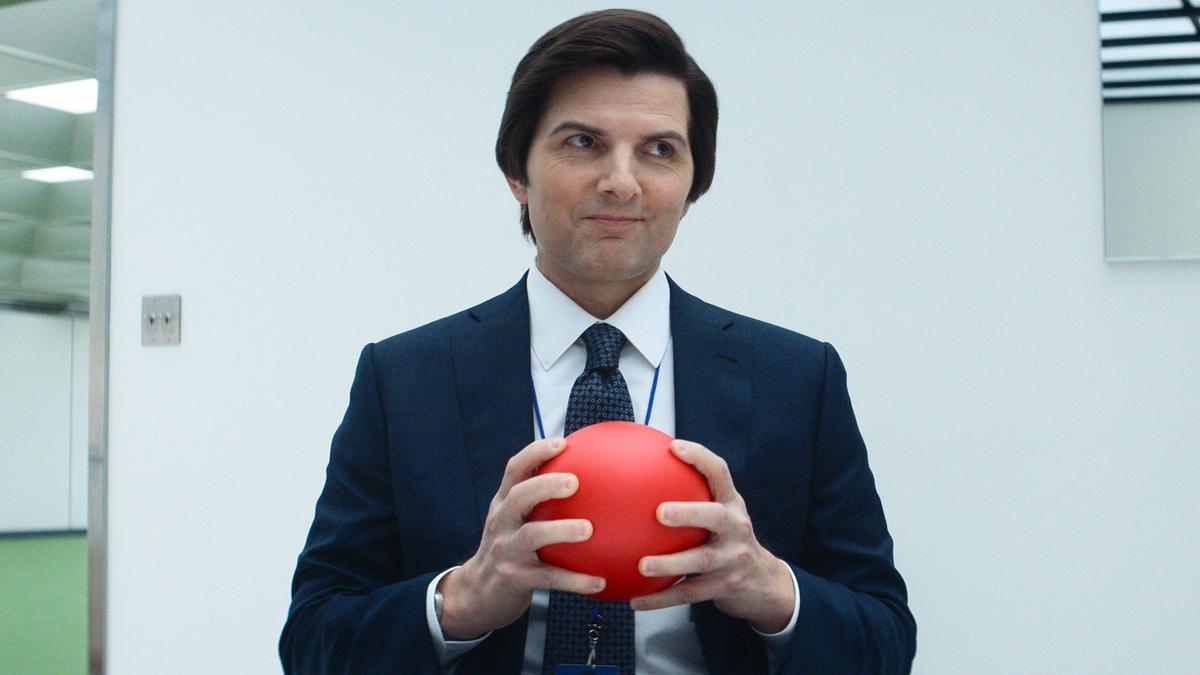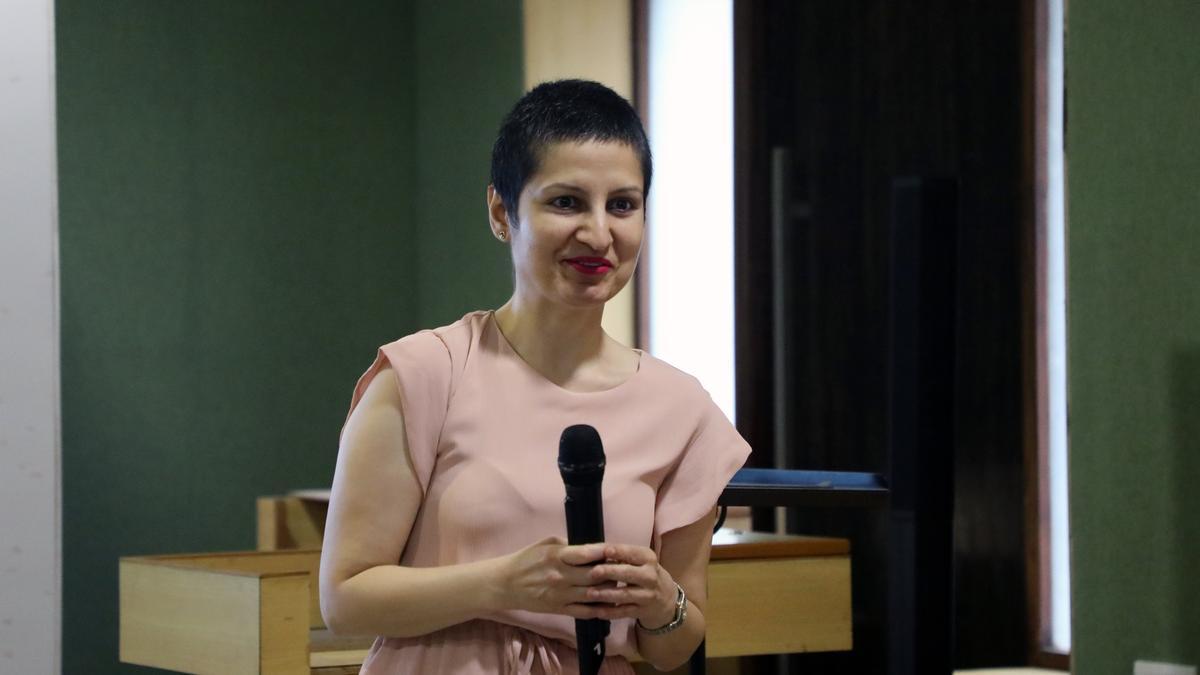
In recent cinematic developments, Bollywood actor Karan Kundrra stars in the newly released film “Tera Kya Hoga Lovely,” which brings to the forefront a critical social topic – India’s perpetual obsession with fair skin tones. The film unravels in the heartland of Haryana and boldly navigates through the deep-seated biases and discriminations rooted in the shade of one’s skin.
During an interview with news agency ANI, Kundrra shared insights into the learnings and experiences he gained while working on a project of such relevance and gravity. “I learned so much through this film. The film addresses colourism. The issue is still very prevalent in society. The preference for fair skin became deeply entrenched in the psyche of the Indian populace due to Britishers. We should not give importance only to surface level beauty,” asserted Kundrra. His statement reiterates the known historical notion that colonial rule has long-term effects on the perceived norms of beauty in India.
The comedy-drama, directed by Balwinder Singh Janjua, also features prominent actors such as Randeep Hooda, Ileana D’Cruz, and Pawan Malhotra in key roles. Janjua, sharing his thoughts about the project, said, “It’s a social comedy. The film aims to spark conversation about colourism and societal biases. We have tried our best to address important issues in an entertaining manner. Hope our film raises awareness among the audience…We shot the entire film in Karnal. I had a great time working with all the actors.” His commitment to combine entertainment with pertinent social dialogue signifies an evolution of Indian cinema towards more socially conscious narratives.
Randeep Hooda steps into the shoes of a police officer in this thought-provoking film, further diversifying a cast that collectively supports the movie’s message against discrimination based on skin colour. The ensemble cast manages to weave together a storyline that is both engaging and enlightening, intended to challenge the audience’s preconceived notions on beauty standards.
“Tera Kya Hoga Lovely,” beyond its role as a source of cinema, aspires to serve as a catalyst for discussions on colourism, a form of prejudice that unfortunately still persists in modern-day society. The creators’ approach to tackling this difficult subject with humor serves to make the tough conversations more approachable for the audience, sustaining engagement without compromising on the message being conveyed.
The intricate issue dealt with in “Tera Kya Hoga Lovely” is not just an isolated cultural quirk but part of a larger global issue where skin color shapes people’s identities and experiences. India’s preoccupation with fairness is evidenced by its booming market for skin-lightening creams and the matrimonial adverts pridefully stating a preference for a ‘fair’ bride or groom.
This film signifies a step in the direction toward dismantling age-old beauty standards, redirecting the attention towards more inclusive and diverse representations of beauty and worth. It is projects like these that remind viewers of the power cinema holds in shaping public discourse and potentially altering societal norms.
Kundrra’s portrayal and Janjua’s vision join hands in the hope that their work not just entertains but educates and empowers. As the film’s journey unfolds across the screens of India, it strives to be more than just another cinematic venture; it aims to mirror the society’s blemishes back at itself in hopes of sparking a change.
The content detailed in this report is sourced from a third-party syndicated feed. No endorsement regarding the dependability, trustworthiness, reliability of the information is affirmed by the publishing entity, which also reserves the rights to modify or remove content at their discretion without the need for prior notice.










